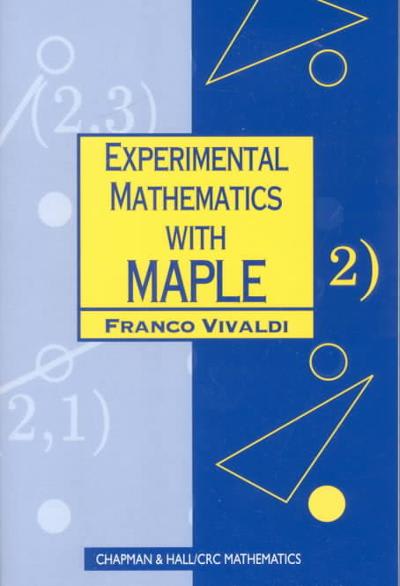Question
Please explain all questions with thorough steps. Hugo Strange, a brilliant scientist and psychiatrist, and Edward Nygma, commonly known as the Riddler, have created a
Please explain all questions with thorough steps.
Hugo Strange, a brilliant scientist and psychiatrist, and Edward Nygma, commonly known as the Riddler, have created a sinister scheme to challenge the top mathematicians in the world. They have designed a set of locked puzzles that can only be solved by understanding exponential equations. The capacity of the mathematicians to crack these problems and stop Nygma and Strange from carrying out their evil schemes will determine the fate of the world as a whole.
- Mathematicians are put to the test by Edward Nygma's challenging exponential equation, which needs to besimplified and written in scientific notation. "Evaluate the expression (3^5) (4^(-2)) (2^(-3)) and express the answer in scientific notation."
2. A challenging issue involving the transformation of exponential functions is presented by Hugo Strange. "Consider the exponential function f(x) = 2^(x + 1). Determine the equation of the function g(x) obtained by reflecting the graph of f(x) about the y-axis and then translating it 3 units to the right."
3. Using both exponential and radical formulations, Edward Nygma presents a challenge that calls for both evaluation and simplification. "Simplify the expression ((4^3) (2^5)) / (2^2)."
NEXT PROBLEM:
There is a mystery temple in a far-off ancient village that guards a well-kept secret. According to legend, anybody who can crack the mysterious code carved on the temple walls would be given access to an unimaginable amount of knowledge and wealth. You have set out on a mission to learn the secret since you are a great mathematician and adventurous wanderer.
You enter the temple and see a number of symbols carved on the walls. You see that these symbols represent a discrete function after close examination. The function, indicated by f(n), acts on positive integers (n), and according to a set of rules, it returns an output (f(n)). It is your responsibility to crack the function's secret code.
The function f(n) follows three distinct rules:
If n is divisible by 3, the output is the sum of its digits.
If n is divisible by 4, the output is the product of its digits.
If n is divisible by both 3 and 4, the output is the absolute difference between the sum and the product of its digits.
To crack the secret code, you must respond to the following questions.
a) Determine the values of f(12), f(24), and f(36).
b) Find all positive integers n such that f(n) = 2.
c) What is the smallest positive integer n for which f(n) is equal to its own value?
Step by Step Solution
There are 3 Steps involved in it
Step: 1

Get Instant Access to Expert-Tailored Solutions
See step-by-step solutions with expert insights and AI powered tools for academic success
Step: 2

Step: 3

Ace Your Homework with AI
Get the answers you need in no time with our AI-driven, step-by-step assistance
Get Started


